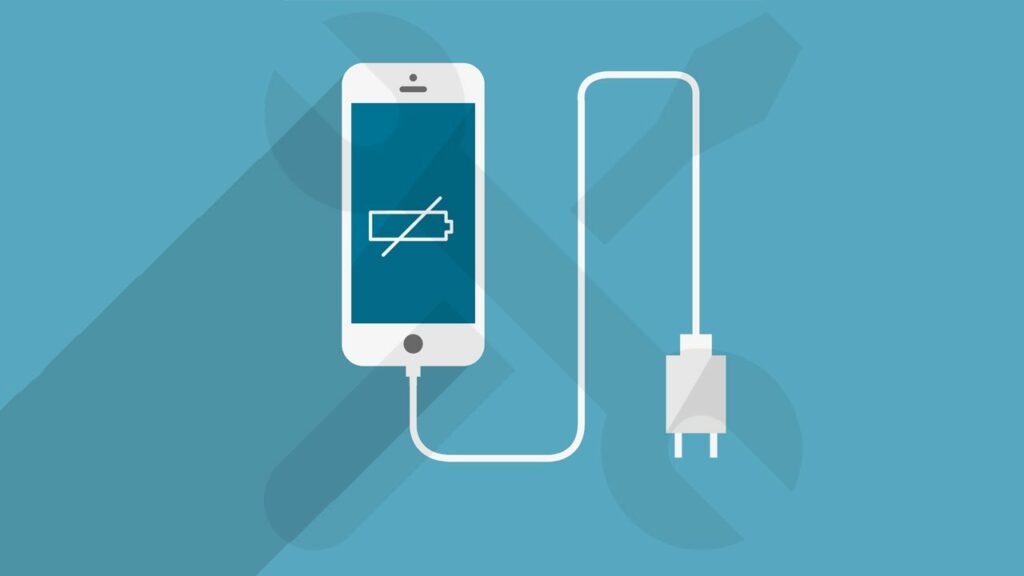Fast charging has become a popular feature on many smartphones in recent years. offering users a quick and convenient way to charge their devices throughout the day. However, some people have raised concerns that fast charging may have a negative effect on their device’s battery life. It could depreciate the battery life of a smartphone. Let’s explore whether fast charging kills your smartphone’s battery or is just a myth.
What is Fast Charging?
Firstly, it is crucial to understand how fast charging works. Most smartphones use Lithium-ion batteries, designed to charge in a specific way to ensure longevity. Fast charging technology works by increasing the voltage delivered to the battery, which allows it to charge more quickly. However, this also generates more heat, which can damage the battery over time.
The Case Against Fast Charging
Some experts believe that fast charging can reduce the overall lifespan of a smartphone battery. This is because the higher voltage and current can cause chemical reactions inside the battery that can eventually degrade its performance over time. As a result, your phone’s battery life may depreciate and a need to replace the battery sooner than expected.
The Case For Fast Charging
While this may sound concerning, other experts argue that fast charging does not necessarily harm the battery life of a smartphone. They state that fast charging is generally safe for your device. They point out that modern smartphones are designed to handle fast charging and have safety mechanisms to prevent overheating and other issues that can harm the battery.
Additionally, most devices such as computers and cell phones are programmed to automatically slow down charging when the battery reaches a specific temperature (adaptive charging), which helps prevent damage.
The Final Verdict
So, is fast charging killing your battery life? The answer is not a straightforward yes or no. Multiple factors come into play, including battery quality, the type of fast-charging technology employed, and charging temperature If a smartphone is designed to handle fast charging and has safety mechanisms, fast charging should not significantly harm the battery life.
However, if a smartphone does not have the necessary safety features or the battery is of low quality, fast charging could potentially harm the battery’s life.
That being said, there are some situations where fast charging could potentially harm your device’s battery. For example, a third-party charger or cable not designed for your device could cause issues. These chargers may not have the necessary safety measures built in, which could put your device at risk.
Additionally, if you charge your device in an extremely hot or cold environment, this could also damage the battery.
Another potential issue with fast charging is that there may be more efficient ways to charge your device in the long term.
Lithium-ion batteries are designed to last a certain number of charge cycles, and fast charging can reduce this number. This means that if you use fast charging regularly, you may need to replace your battery sooner than you would if you charged your device at a slower rate.
How to handle phones with fast charging features?
To handle phones with fast charging feature, here are some best practices:
- Use fast charging only when necessary, as extended use of fast charging can generate more heat and potentially degrade the battery life over time.
- Avoid leaving the phone charging for extended periods of time, as this can also generate more heat and harm the battery life.
- Keep your phone at an optimal temperature while charging. Avoid charging your phone in direct sunlight or in hot environments, and try to keep it in a cool, well-ventilated area.
- Use high-quality chargers and cables that are compatible with your phone’s fast charging technology, to ensure safe and effective charging.
Concluding Notes
In conclusion, while some potential risks are associated with fast charging, it is generally safe for your device. Manufacturers have implemented safety measures to ensure that the battery does not become damaged during fast charging. However, it is crucial to select chargers and cables specifically designed for your device and to avoid charging in extreme temperatures.
Additionally, while fast charging may be convenient, it can decrease the overall lifespan of your battery, so it is important to use it judiciously. Following these guidelines allows you to enjoy the benefits of fast charging without compromising your device’s health.
You may also like
-
Enhancing Customer Engagement: Innovative Applications of Clarity Voice’s Communication Solutions
-
Solar Energy Solutions: A Sustainable Step Toward Long-Term Growth
-
AI Story Generator Free: A Smarter Way to Spark Creativity
-
Modern Technologies in 2025: AI and Innovative Solutions
-
Mastering Odoo Implementation for Business Success

